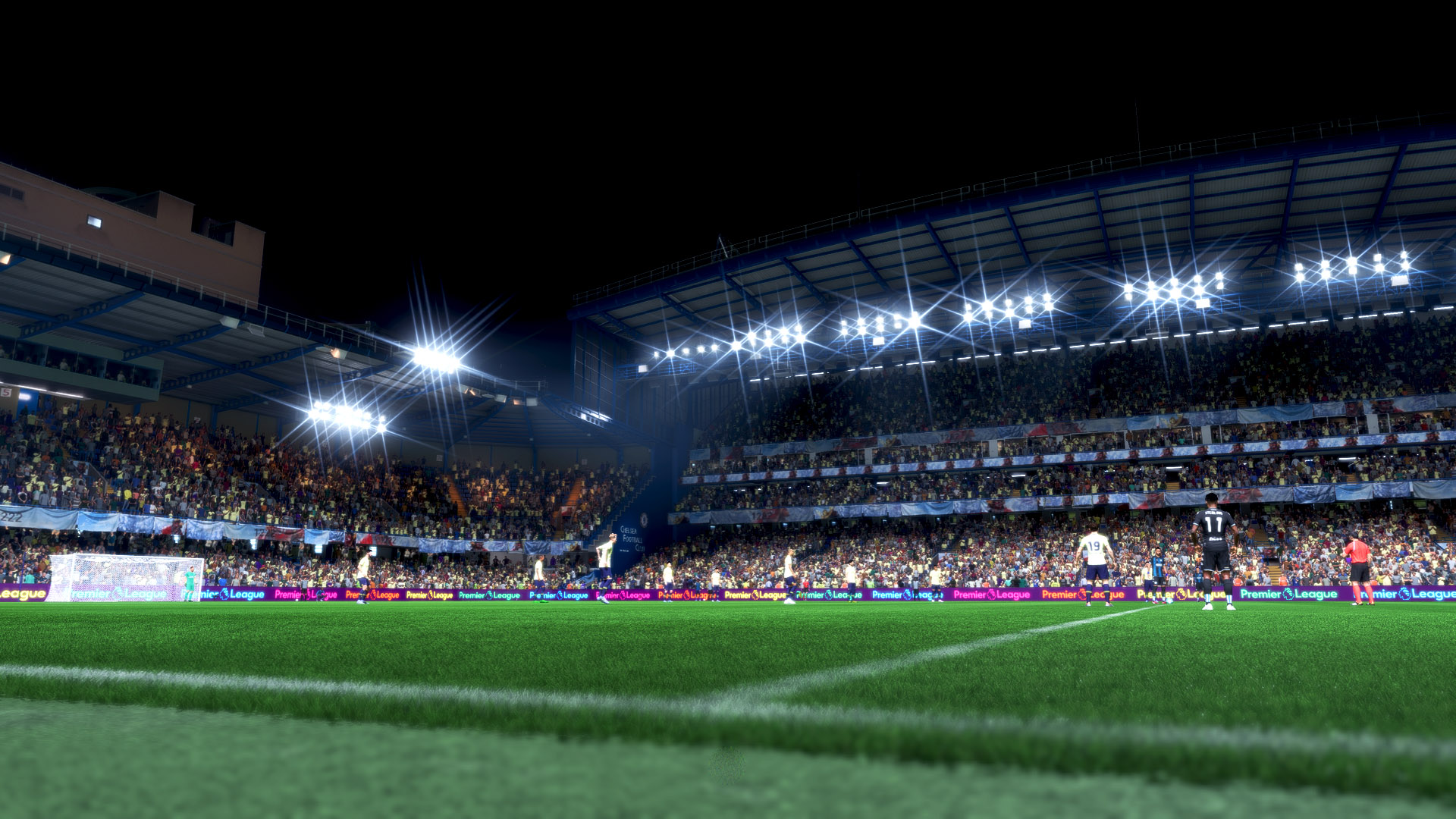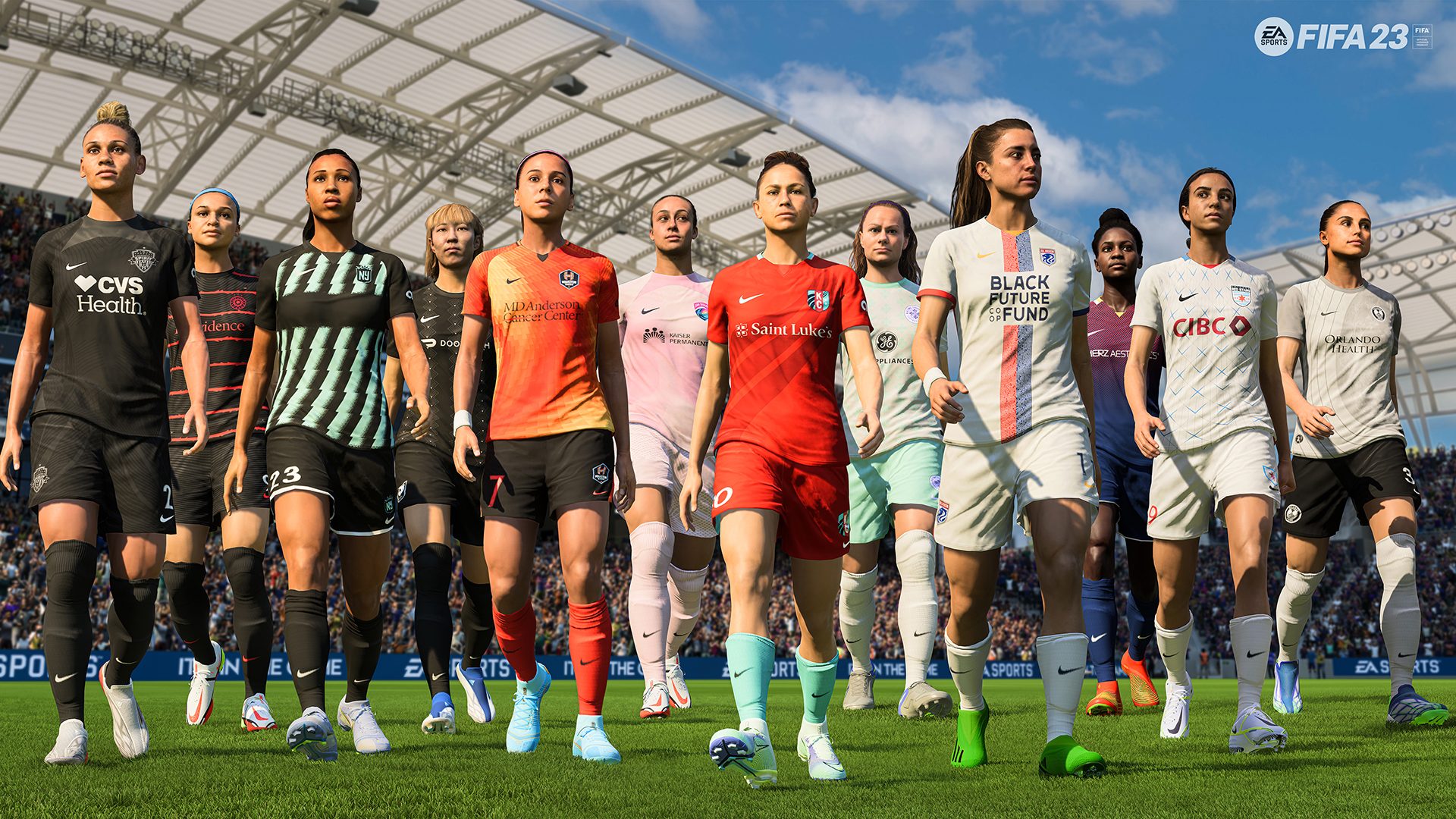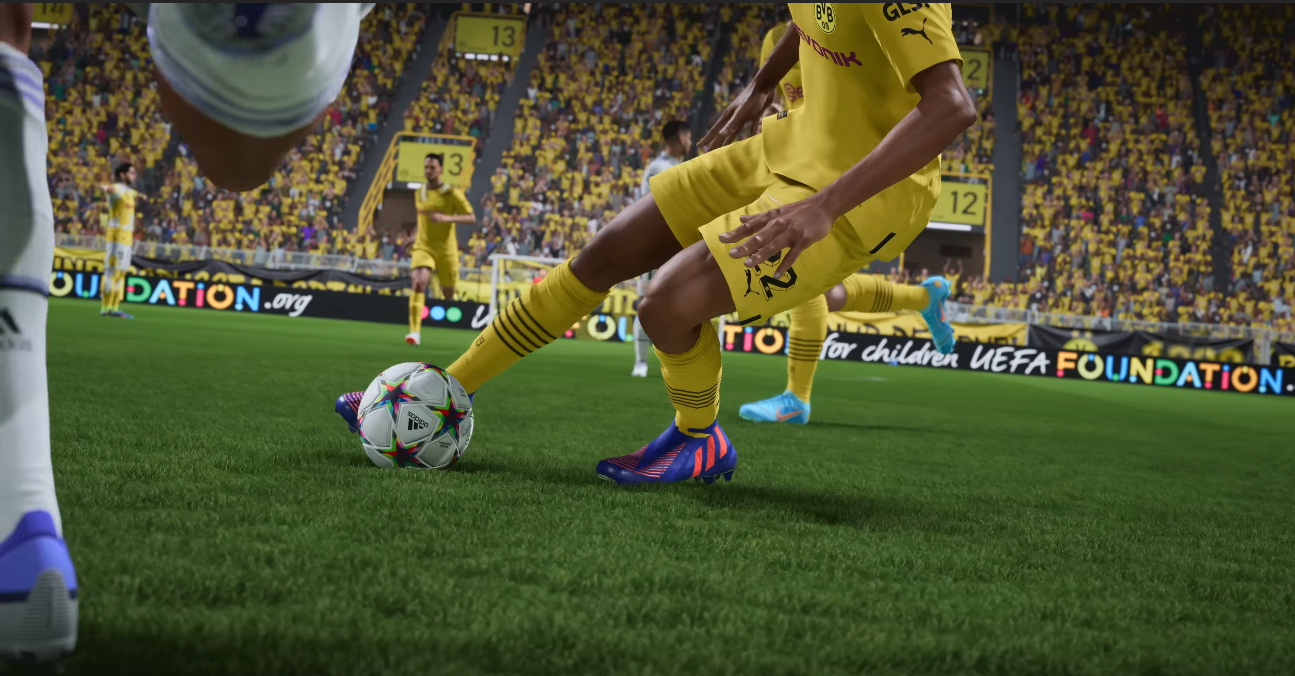In recent years, the landscape of sports entertainment has undergone a profound evolution, notably marked by the rise of esports. Among the array of esports titles, FIFA, the iconic soccer (football) video game, stands out as a bridge between the gaming realm and traditional professional sports. Its unique position has not only captivated gaming enthusiasts but also piqued the interest of the broader sports community, effectively bridging the gap between two seemingly disparate worlds.
Professionalism and Competitive Integrity
FIFA’s journey from a casual gaming franchise to a highly competitive esports platform has been marked by its emphasis on professionalism and competitive integrity. The establishment of structured tournaments and leagues, such as the FIFAe World Cup and FUT Champions Cup, has transformed FIFA into a legitimate esports discipline. Professional players, backed by clubs or organizations, now compete fiercely on global stages, mirroring the professionalism seen in traditional sports leagues.

In the same spirit of competitiveness, Betting On Esports is becoming common, with FIFA holding the ranks for most competitive esports. Today, you will find punters fixated on FIFA odds and lines and different punters supporting different gamers and teams. Professional FIFA players invest countless hours honing their skills, analyzing opponents and refining their gameplay, blurring the lines between gaming and professional sports even further.
The Convergence of Gaming and Sports Realism
At the core of FIFA’s success in merging gaming and professional sports lies its unparalleled realism. From realistic player movements to accurately modeled stadiums, FIFA meticulously recreates the essence of the beautiful game. This commitment to authenticity has attracted not only gamers but also avid sports fans who seek an immersive experience akin to watching a live match.

The convergence of gaming technology and sports realism has been a pivotal factor in FIFA’s ability to captivate both gaming enthusiasts and traditional sports aficionados. The level of detail in gameplay mechanics, player likenesses and strategic nuances mirrors the authenticity of real-life soccer, thereby establishing FIFA as a common ground for gamers and sports enthusiasts alike.
Cultural Impact and Global Connectivity
FIFA’s influence transcends geographical boundaries, serving as a unifying force across diverse cultures and regions. The game’s universal appeal, coupled with its reflection of the global passion for soccer, has facilitated connections between individuals from varying backgrounds, fostering a sense of community within the esports landscape.
Moreover, FIFA’s prominence in the esports arena has contributed significantly to the globalization of gaming and the broadening of its audience. The international reach of FIFA tournaments has not only expanded the esports market but has also introduced gaming to demographics previously unacquainted with competitive gaming, thereby bridging cultural divides through a shared love for soccer.
Engagement with a New Generation of Sports Fans
FIFA esports has played a pivotal role in engaging a younger demographic that might have otherwise been less interested in traditional sports. By providing an interactive platform where gamers can emulate their favorite players or create their virtual legacies, FIFA has successfully captured the attention of the digitally native generation, cultivating a new breed of sports enthusiasts.

The accessibility of FIFA as a game has also contributed to this engagement, allowing players of varying skill levels to participate and enjoy the experience. This inclusive approach has not only expanded the player base but has also translated into increased viewership, drawing in audiences who might have previously overlooked traditional sports.
Collaborations and Synergies with Professional Sports Organizations
The convergence of FIFA esports and professional sports is further exemplified by the collaborations and synergies between gaming entities and traditional sports organizations. Football clubs and leagues worldwide have recognized the potential of esports, establishing their esports divisions or entering partnerships with established esports teams. These collaborations serve to amalgamate the fan bases of both realms, creating a symbiotic relationship that benefits the growth of both industries.
Sponsorship and Commercialization in FIFA Esports
The influx of sponsorships and commercial opportunities within FIFA esports underscores its alignment with the professional sports landscape. Major brands, previously associated predominantly with traditional sports, have recognized the potential of esports audiences and invested heavily in FIFA tournaments and leagues.

The involvement of sponsors and advertisers not only brings financial backing but also lends credibility to FIFA esports, legitimizing it further in the eyes of both gaming and sports communities. This mutual interest from sponsors in bridging the gap between gaming and traditional sports has resulted in innovative marketing campaigns, merchandise collaborations and cross-platform promotions, amplifying the overall reach and impact of FIFA as an esports spectacle.
Technological Advancements and Innovation
The continuous advancements in technology have been instrumental in shaping the evolution of FIFA esports. From improvements in gameplay mechanics to the integration of augmented reality (AR) and virtual reality (VR), technological innovations have enhanced the immersive experience for players and spectators alike.

Moreover, the utilization of analytics and data-driven insights mirrors the approach taken in professional sports. Teams and players analyze statistics, match performances and gameplay strategies to gain a competitive edge, mirroring the data-driven approach seen in traditional sports coaching and management.
The ongoing technological innovations not only elevate the gaming experience but also contribute to the assimilation of gaming into the broader sports entertainment landscape. FIFA’s embrace of technological advancements cements its position as a pioneer in uniting gaming with professional sports, continually pushing boundaries and setting new standards for esports.
 FIFA Infinity The Absolute FIFA Site
FIFA Infinity The Absolute FIFA Site




